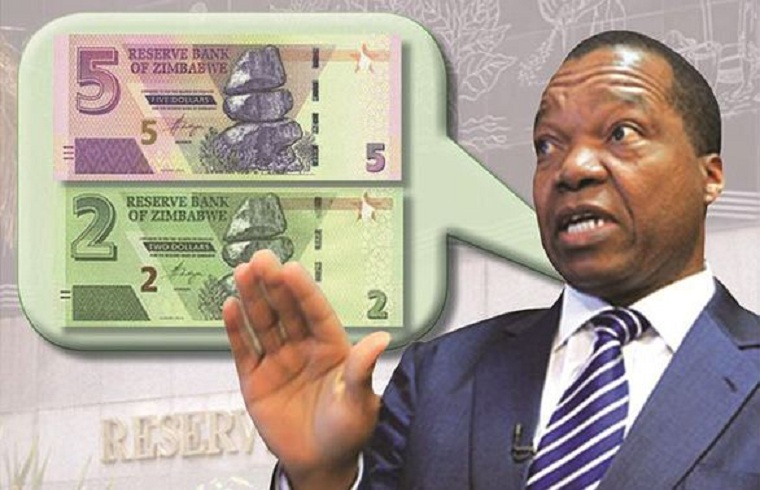 Zimbabwe will use more than half of the US$961 million it has been allocated by the International Monetary Fund in the form of special drawing rights to support its local currency.
Zimbabwe will use more than half of the US$961 million it has been allocated by the International Monetary Fund in the form of special drawing rights to support its local currency.
The government abandoned a 1:1 peg between a precursor of the reintroduced Zimbabwe dollar and the greenback in February 2019.
The currency now trades at 85.91 to the US dollar and even lower on the black market, a plunge that’s made it difficult for the government to get it accepted locally, and it’s generally not tradable outside the country.
“For the support of the currency we want to hold back about $500 million,” Mthuli Ncube, Zimbabwe’s Finance Minister, said in an interview yesterday.
The southern African nation abandoned the Zimbabwe dollar in 2009 after inflation rose to 500 billion percent, according to the IMF, and legalized trade in a range of currencies including the US dollar and South African rand.
The economy had tanked after a failed land reform program began in 2000 that saw the seizure of White-owned commercial farms and the subsequent collapse of export earnings.
The rest of the SDRS will be used to support the acquisition of Covid-19 vaccines, investments in schools, hospitals and roads and other priorities, Ncube said.
Revolving funds will also be set up to help manufacturers and mining companies buy new equipment, and to revive the horticulture industry by encouraging the cultivation of roses, macadamia nuts and blueberries, he said.
The resources won’t be used to pay down any of the more than $8 billion in external debt the country owes even though its arrears have effectively blocked it from borrowing more money from multilateral lenders.
Ncube also confirmed the government was considering borrowing money from private creditors to compensate the White farmers. Bloomberg first reported on the funding option on 16 August.
Zimbabwe has agreed to pay the farmers US$3.5 billion, half of which is due in July next year, to settle the two-decade old dispute that’s soured relations with Western countries, including the US and the UK.
“The idea is a special-purpose vehicle out of which we can then raise resources on the back of some escrowed tax revenues from specific sources that are ring-fenced,” Ncube said, adding that the tax could be in the form of mining royalties.
Zimbabwe exports platinum, gold, nickel and chrome. Another proposal under consideration is the local sale of a US dollar bond, the minister said.- Bloomberg
(115 VIEWS)

